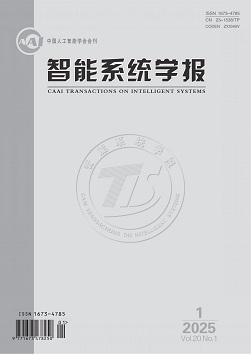¡¡¡¡Duplicate content checks are conducted to make sure that papers to be published on CAAI Transactions on Intelligent Systems (CAAI-TIS) is free from plagiarism by utilizing the Academic Misconduct Literature Check (AMLC) software of China National Knowledge Infrastructure (CNKI) database at the time of receiving the manuscript, before on-line and off-line publication. For the paper suspected of academic misconduct, the editor will submit the problem paper together with the original paper and related materials to the editorial board for investigation. The board will make the decision as to the identification of the misconduct and the nature of it ranging from, plagiarism, data fabrication and falsification, inappropriate authorization, simultaneous submissions, duplicate publications to violation of research ethics according to Chinese Academic Publication Norms¡ªDefinitions and Examples of Journal Academic Misconduct.
1.Procedures for Handling Academic Misconduct
1) The editorial department should promptly notify the author about the academic misconduct identified by the experts. The author is allowed to appeal before penalty actions are taken.
2) If the paper is not accepted, the review process will terminate and the manuscript will be rejected. If the paper has been accepted but not published, the publication will be canceled. If the paper has been published, it will be retracted from the journal website and relevant databases.
3) For serious academic misconduct, the author¡¯s institution and relevant scientific and technological journals in the field will be notified. If it causes serious reputation damage or other losses to the journal, we will reserve the right to pursue compensation.
4) If a paper is rejected due to academic misconduct, such as plagiarism, simultaneous submissions, data fabrication etc., the author is forbidden to submit further articles for 2 years.
2.Appeal Process
¡¡¡¡If the author disagrees with the decision of the editorial board regarding the identification of the academic misconduct, he/she can submit a written appeal within 10 working days on the date of receiving the notice (overdue is inadmissible). The editorial board is responsible for inviting experts to check the paper again and make the final decision on the treatment of the misconduct. The author will be notified of the verdict within 30 working days.


